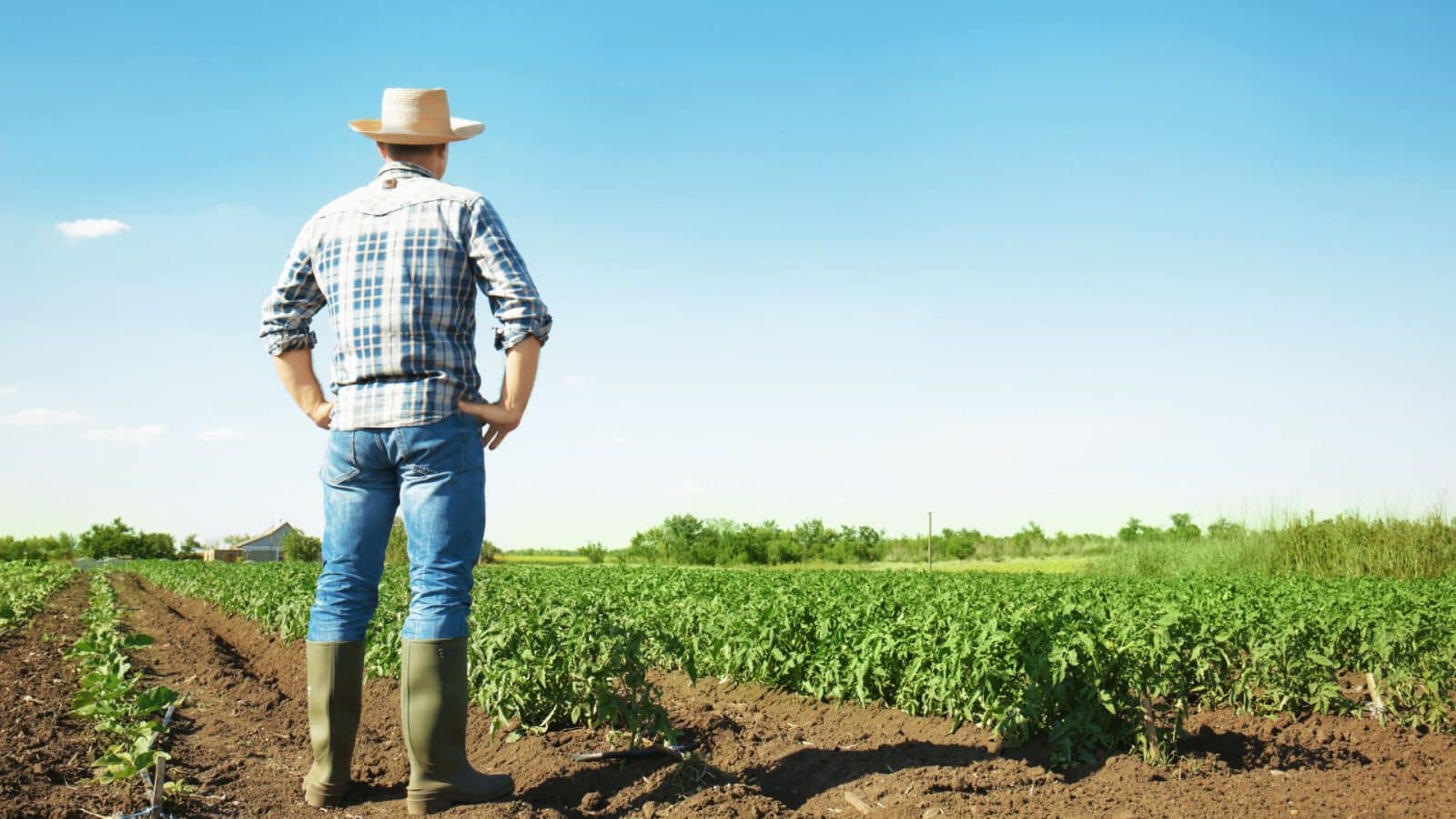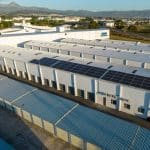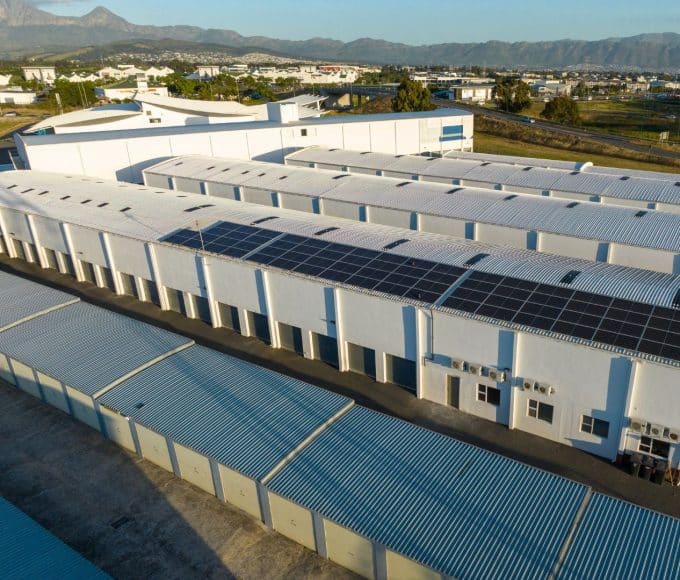Modern farming faces unprecedented challenges. Climate change brings unpredictable weather patterns, soil degradation threatens long-term productivity, and rising costs squeeze profit margins tighter each year. Yet, successful farmers continue to thrive by adopting smart strategies that work in harmony with nature rather than against it. These five evidence-based approaches will help you increase your crop yields while building a more resilient farming operation. Each method addresses specific production bottlenecks that limit harvest potential, giving you practical tools on how farmers can improve crop production.
Implement Strategic Crop Rotation Techniques
Crop rotation breaks the cycle of soil depletion that monoculture farming creates. When you grow the same crop repeatedly, specific nutrients get stripped from your soil while particular pests and diseases build up to damaging levels.
Smart rotation systems naturally restore soil fertility. Legumes like soybeans and clover fix nitrogen from the atmosphere, reducing your fertilizer costs for subsequent crops. Deep-rooted plants bring nutrients up from lower soil layers, making them available to shallow-rooted crops that follow.
Corn yields increase when grown in rotation with soybeans compared to continuous corn production. The economic benefits compound over time as healthier soil requires fewer external inputs.
Optimize Soil Health With Organic Matter
Soil organic matter acts like a bank account for your crops. It stores nutrients, holds moisture during dry spells, and feeds beneficial microorganisms that protect plant roots from disease.
Adding compost, cover crops, or well-aged manure increases the organic matter content of your soil. Cover crops like crimson clover or winter rye prevent erosion while pumping carbon into the ground. When you talk with an advisor to keep your farm sustainable, they’ll often recommend targeting organic matter content for optimal crop performance.
Harness Precision Farming Technologies
GPS-guided equipment transforms guesswork into data-driven decisions. Variable rate application technology lets you apply exactly the right amount of seed, fertilizer, and pesticides where your crops need them most.
Soil testing, combined with yield mapping, reveals patterns across your fields that the naked eye misses. You might discover that one corner consistently underperforms due to compaction, while another area produces exceptional crops with minimal inputs. This targeted approach cuts waste while boosting productivity.
Master Efficient Water Management
Water timing matters more than total rainfall amounts. Crops need specific moisture levels at critical growth stages, and modern irrigation systems deliver water with surgical precision.
Drip irrigation and micro-sprinkler systems reduce water usage compared to flood irrigation while improving crop uniformity. Soil moisture sensors eliminate the guesswork in irrigation scheduling, preventing both drought stress and waterlogging.
Smart water management extends beyond irrigation equipment. Proper field drainage prevents root rot during wet periods, while mulching and conservation tillage preserve soil moisture during dry spells.
Deploy Integrated Pest Management Strategies
Chemical pesticides alone create a treadmill of resistance and rising costs. Integrated pest management combines multiple control methods for long-term effectiveness and environmental sustainability.
Beneficial insects, trap crops, and selective pesticide applications work together to suppress harmful pests while protecting natural predators. This approach reduces pesticide applications while maintaining effective pest control.
Regular field scouting helps you identify problems before they explode into crop-damaging infestations. Economic thresholds guide treatment decisions based on actual pest levels rather than calendar dates.
These five strategies are most effective at helping your farm produce more crops. Start with soil health improvements and crop rotation, then gradually incorporate precision technologies and refined pest management practices. Your crops, your bottom line, and your land’s long-term productivity will all benefit from these science-backed approaches to modern farming.
Recommended reading: Alternative Farming Methods That Help the Environment















